



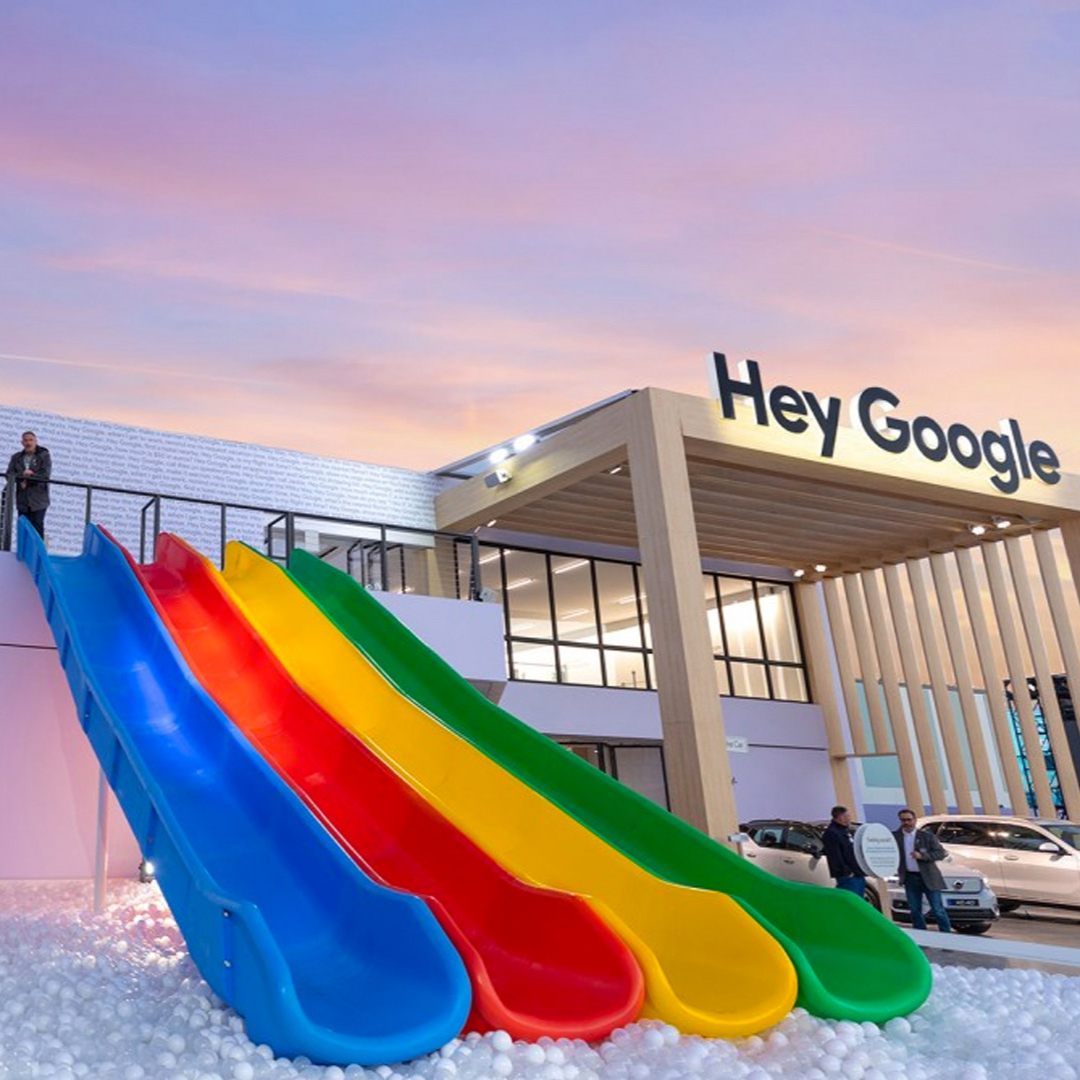

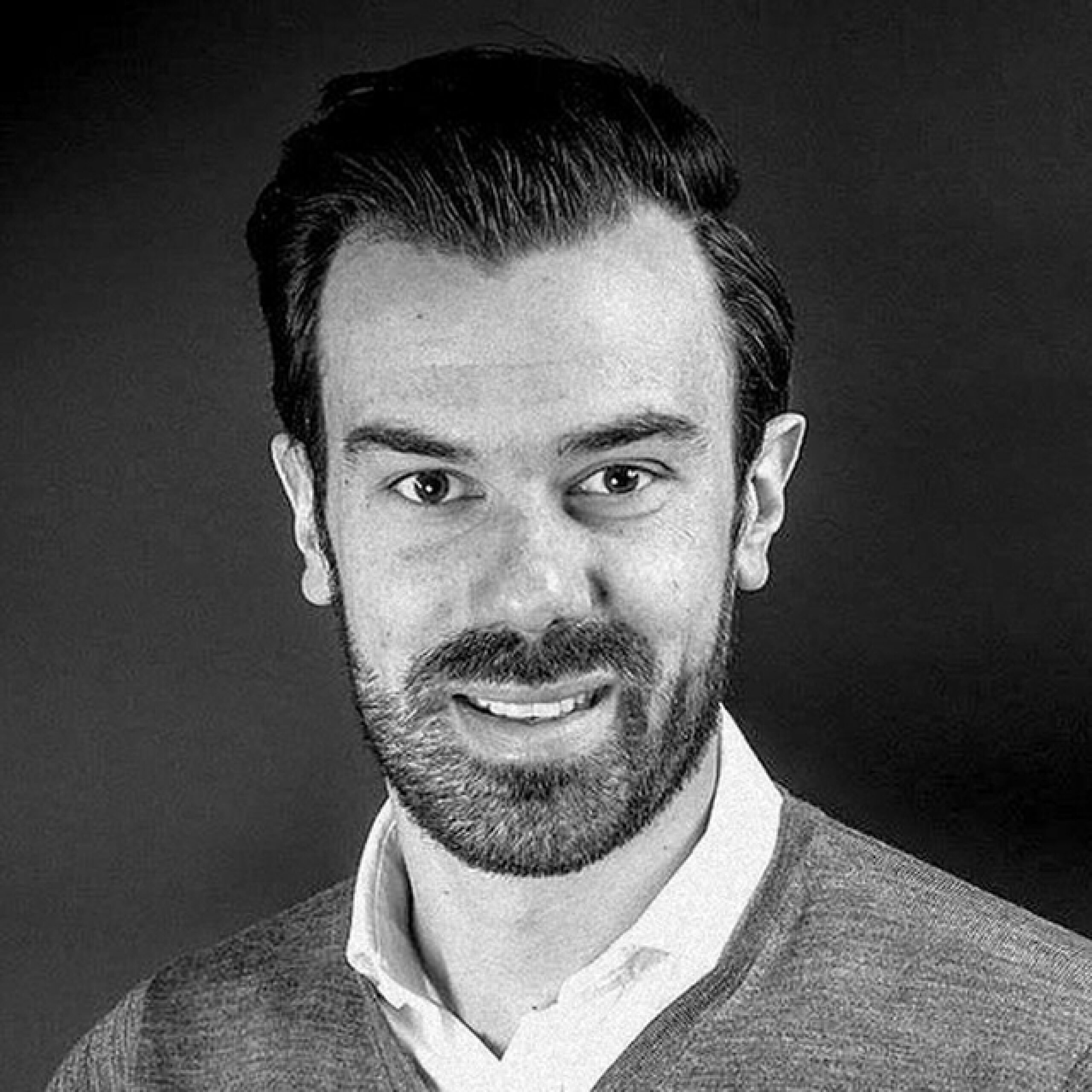
CES 2020, one of the leading annual technology trade shows which is held in Las Vegas, saw 4,500 companies, 20,000 products and 170,000 visitors over the 4-day event.
From big names such as Google and Samsung to unknown start-ups, companies were showcasing their latest gadgets and tech ventures with the aim of capturing consumers’ minds and launching the next big innovation product.
What was trending?
CES 2020 saw some key themes and topics emerge, driving the thought processes behind new products and ideas.
Firstly, some of the biggest tech giants took to the stand to show that they are taking privacy seriously. Google announced new controls for its voice assistant, allowing users to command the device to ‘forget’ what it just heard and giving them the option to ask about their privacy, data and what is being recorded. Next, Facebook presented the updated version of their privacy check-up tool, which walks users through their settings and shows them how to increase their account security.
Proving that the buzz around Artificial Intelligence is only just getting started, AI was once again a dominating topic throughout the show and is predicted to be one of the key factors helping shape technology over the next decade.
Finally, tech for good was another major theme, with companies such as World Bank Group, Hitatchi and Humetrix showcasing technologies designed to change our lives for the better and improve the world we live in.
Top tech
The range of exciting and inspiring content showcased over the course of the event was outstanding; here, we’re taking a look at some of the most talked about products of CES 2020.
Uber and Hyundai revealed the full-scale prototype of their urban air mobility solution. The E-VTOL (Electric Vertical Take Off and Landing) vehicle has been developed by the Uber team in partnership with Hyundai, with aims of developing aerial ride sharing at scale. The partnership looks to connect Hyundai’s vision for future cities, proposed infrastructure and Ubers ride sharing platform. The product is also the continuation of Ubers exploration into Mobility as a Service solutions, connecting journeys to and from transport hubs by other Uber mobility solutions. Demonstrator flights start in 2020 and launch in Dallas, LA and Melbourne by 2023.
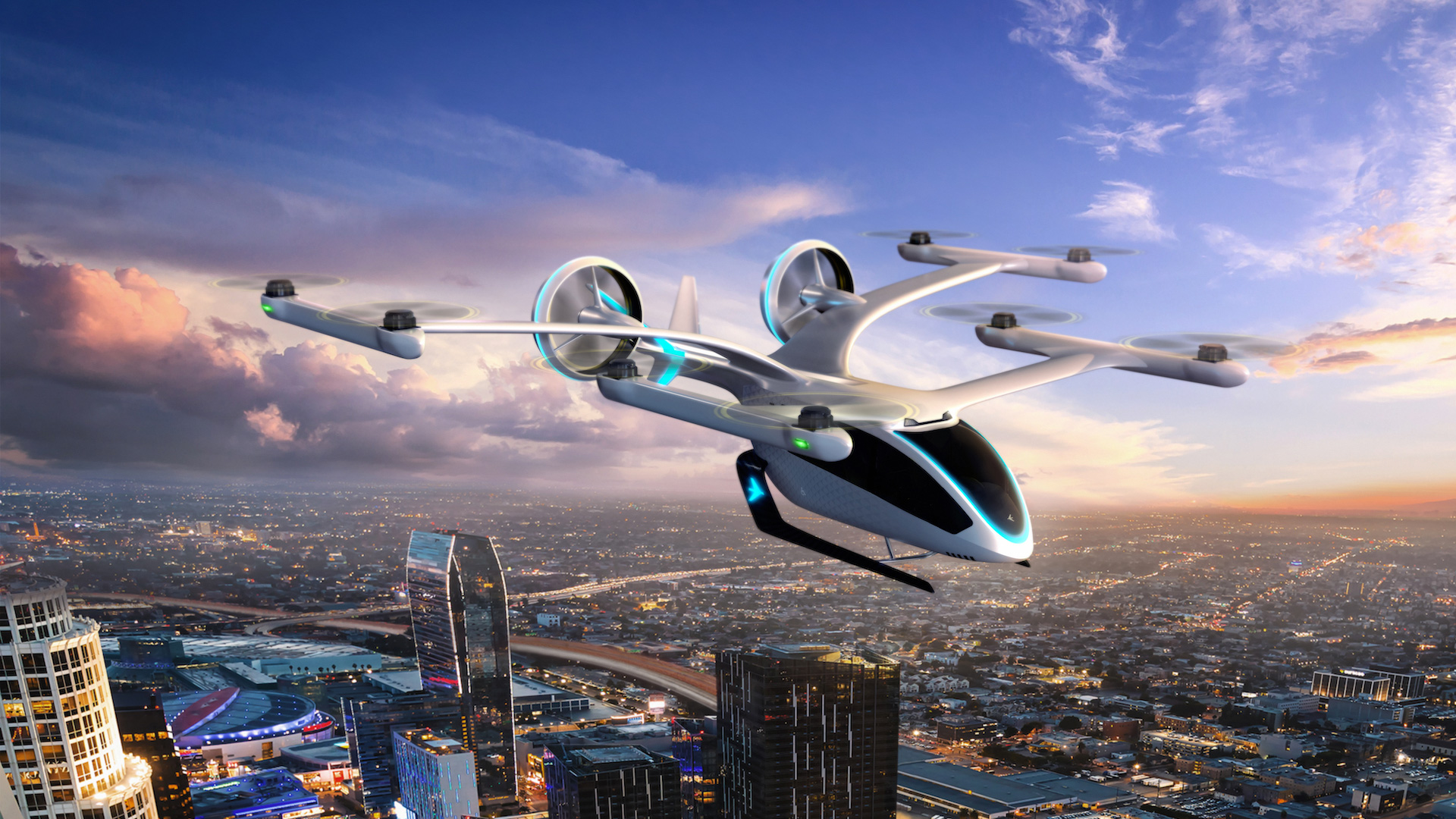
Uber and Hyundai launch air-taxi venture ‘Uber Elevate’
CES 2020 also gave a platform for non-traditional tech companies to launch new products. Veganism gained a huge amount of momentum in 2019 which led to the food industry rapidly moving to develop new Vegan products. More and more fast-food chains, such as KFC and Subway, are now offering vegan alternatives.
Impossible Foods is one of the leaders in this area. Starting with a simple question, ‘What makes meat taste like meat’, then looking to develop plant-based products to rival meat options, they first hit the headlines with Burger King’s ‘Rebel Whopper’.
At CES, the business expanded their range with the release of their latest product, ‘Impossible Pork’. Designed to look, cook and taste like pork, the meat substitute is designed for Halal and Kosher certification, meaning it can be used in pork-based recipes which are especially prominent across the Asian markets, opening up recipe possibilities to cultures where pork is not consumed.

Impossible’s meat-free ‘pork’ dim sum
Neon, the Samsung backed company, unveiled their AI powered digital avatars. Creating a product which is touted as being ‘more human than humans’ is a bold statement, but Neon feel this is what the future holds.
Designed to respond to human emotions and intelligence in real-time, with hyper realistic graphics, Neon’s avatars are programmed to become your new best friend. Currently ‘Neons’ don’t do much, mainly acting as a chatbot, but in the future Neon sees them being our language tutors, yoga teachers and actors, weaving Neons into the real world.
Powered by the Core R3 processor, Neons will be able to react to conversations in less than a few milliseconds so the future of virtual assistants may be more human than we ever imagined – something we’ve explored in one of our recent articles here.
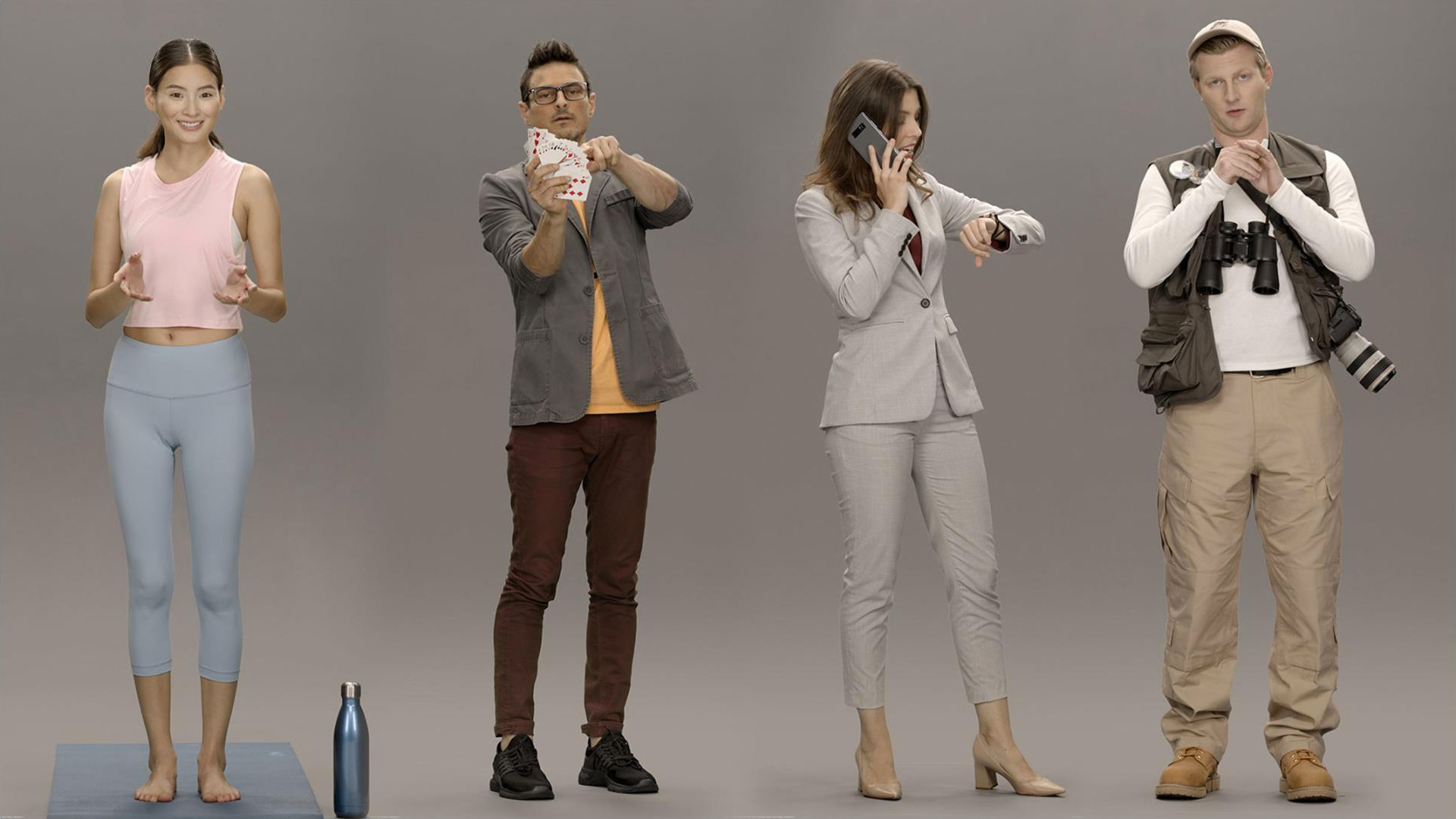
4 of Neon’s first-release artificial humans
Sparking masses of conversation across social media, Toyota announced their plans to develop a “woven city”.
Powered by hydrogen fuel cells, the prototype city is designed to act as a “living laboratory” in which scientists, researchers and developers can design, build and test technologies in a real-world environment.
Futuristic tech will form part of everyday life, and the city’s residents can expect to be living and working amongst robotics, personal mobility solutions, smart homes and artificial intelligence. Perhaps one of the most remarkable elements of this futuristic endeavour is that the city’s people, buildings and vehicles will be constantly connected and communicating with each other through data and sensors.
Toyota have released an open invite for collaboration, allowing both businesses and individuals to test their technology in a real-world environment. And, as expected, the city will follow Toyota’s mission of creating a low-emission future with fully-autonomous, zero-emission vehicles for people and autonomous Toyota e-Palettes for transportation and deliveries.
The city will be built at the base of Mt Fuji in Japan and groundbreaking is planned for early 2021 – watch this space
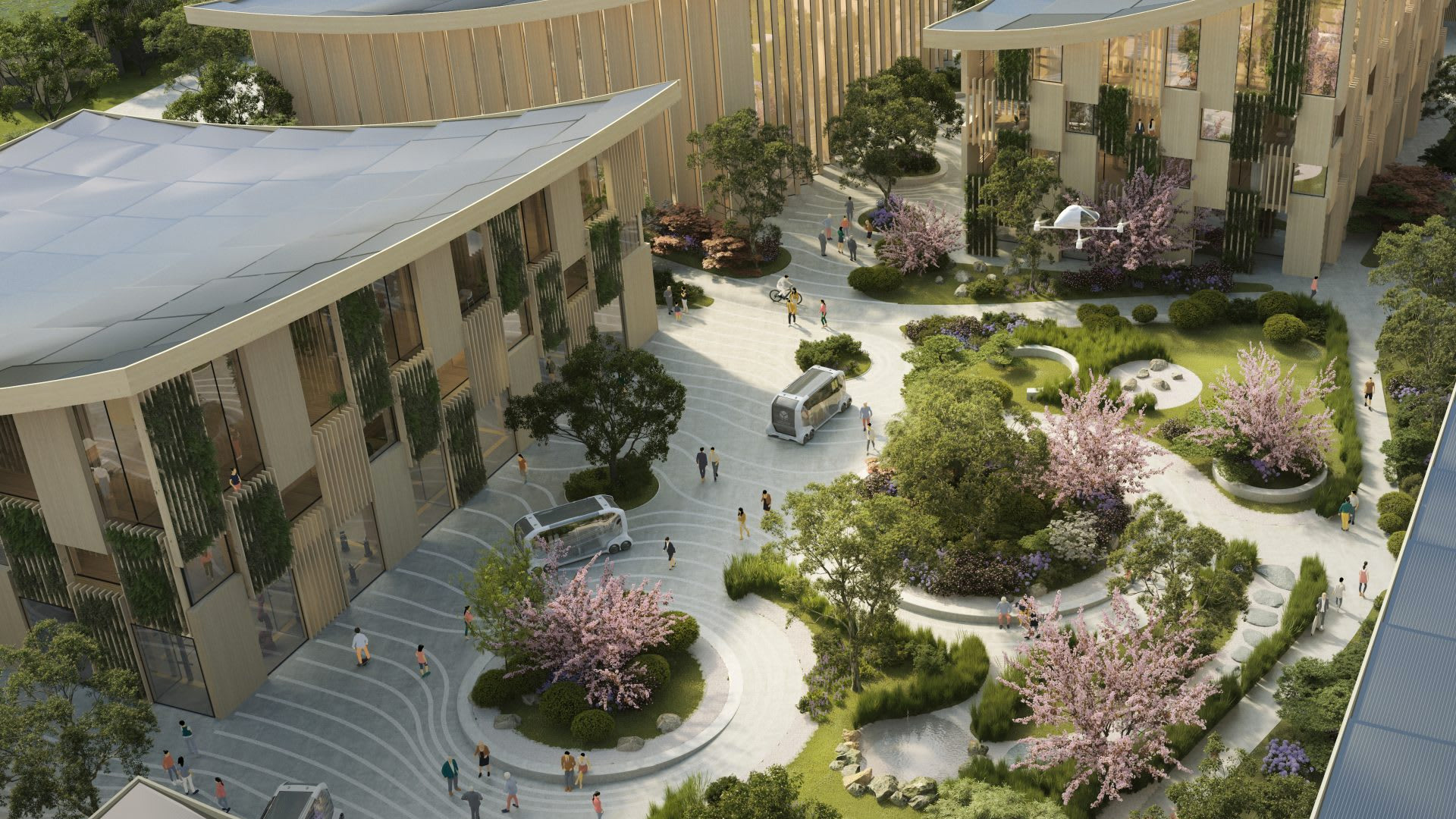
A prototype “city of the future”
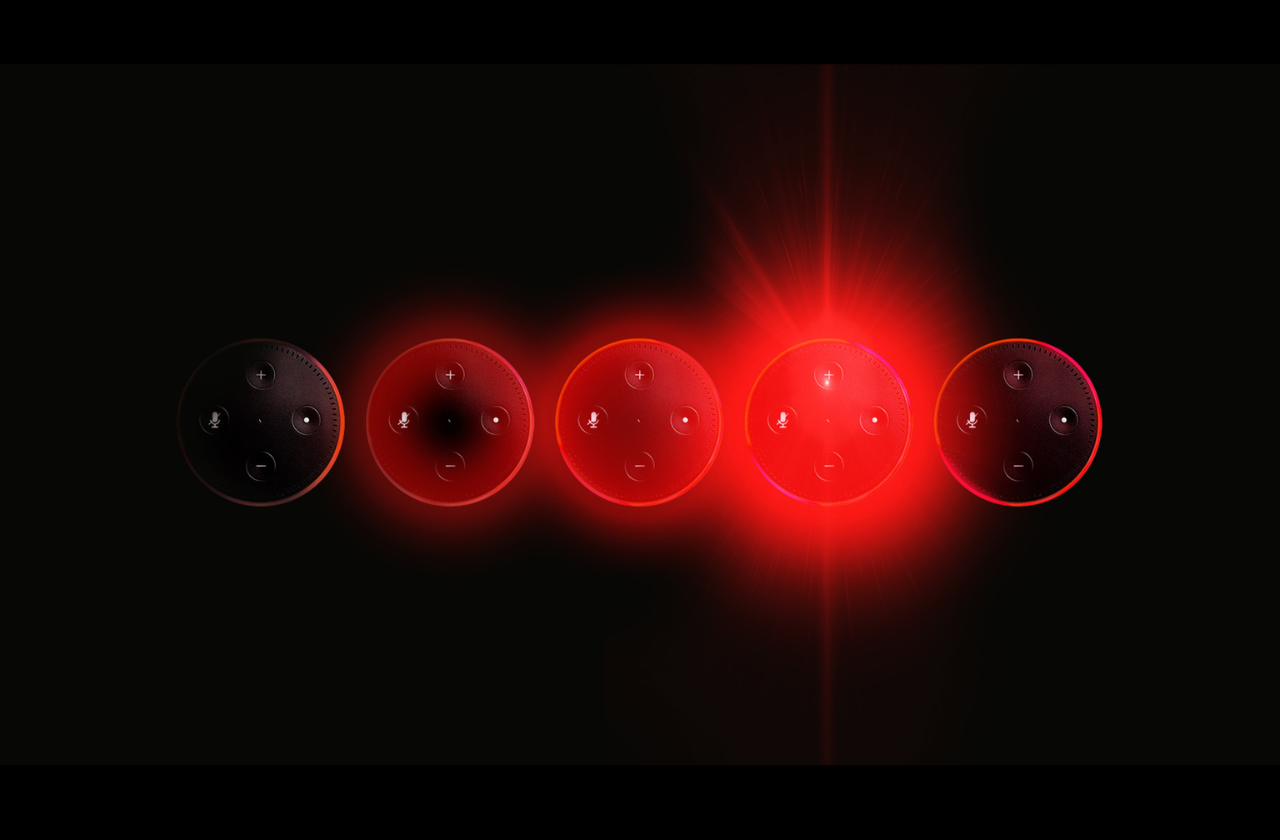
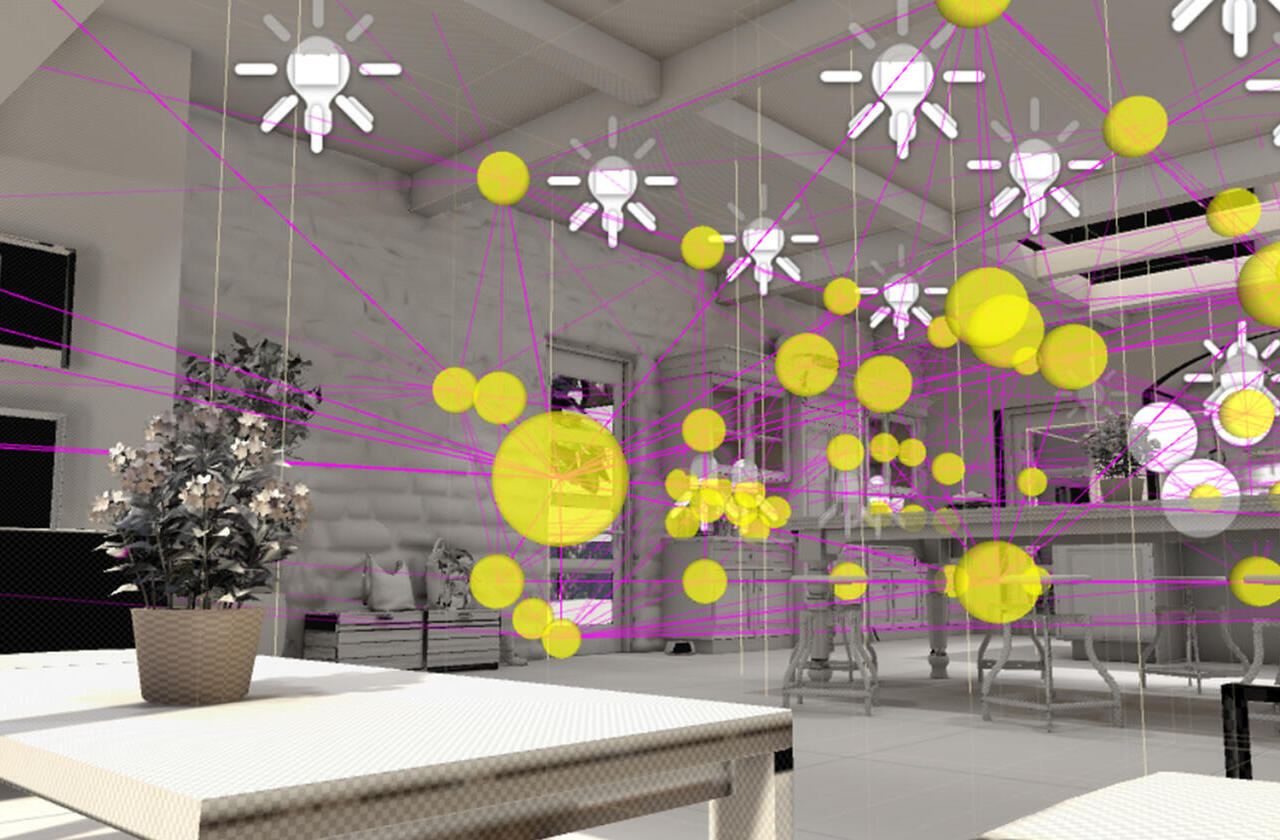

Our dedicated team dives deep, delivering relentless value and aligning digital solutions with your goals in a way that guarantees success
Learn more